This book is about recurrent functions of applicative morphology not included in typologically-oriented definitions. Based on substantial cross-linguistic evidence, it challenges received wisdom on applicatives in several ways. First, in many of the surveyed languages, applicatives are the sole means to introduce a non-Actor semantic role into a clause. When there is an alternative way of expression, the applicative counterpart often has no valence-increasing effect on the targeted root. Second, applicative morphology can introduce constituents which are not syntactic objects and/or co-occur with obliques. Third, functions such as conveying aspectual nuances to the predicate (intensity, repetition, habituality) or its arguments (partitive P, highly individuated P), narrow-focusing constituents, and functioning as category-changing devices are attested in geographically distant and genetically unrelated languages. Further, this volume reveals that spatial-related morphology is prone to developing applicative functions in disparate languages and phyla. Finally, several contributions discuss the diachrony of applicative constructions and their (non-syntactic) attested functions, including a case of applicatives-in-the-making.


